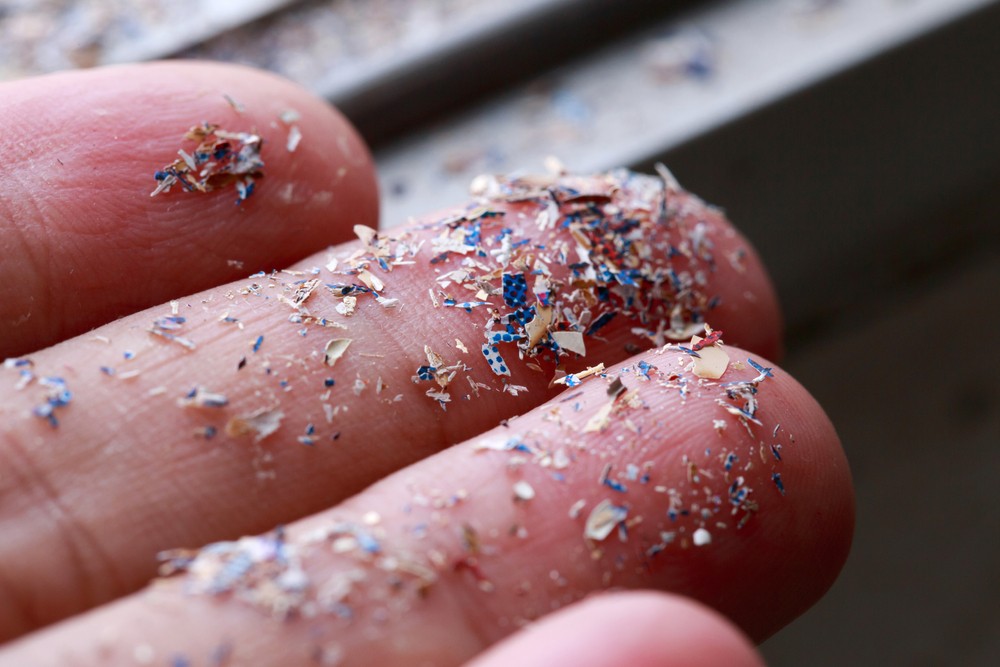What are PFAS, and Why Should Manufacturers Care?

Environmental concerns abound in the modern era, as more devastating facts about climate change come to light. Already, manufacturers are changing course, seeking new practices to reduce waste and emissions, improve sustainability, and contribute to a more circular economy.
Now, a new threat has emerged. Per- and polyfluoroalkyl substances (PFAS) have come into focus as one of the most detrimental threats to our planet. And, once again, the onus of eliminating them falls to manufacturers.
Microscopic particles that cause gigantic problems
PFAS is not any one thing — rather, it’s a group of chemicals used in the manufacturing of a wide range of consumer, commercial, and industrial products. PFAS are an inherent part of manufacturing numerous staple goods, from fabrics and cleaning products to cosmetics and food wrappers. In fact, thousands of chemicals fall under the designation of PFAS, making it challenging to study and fully understand their human health and environmental risks.
So what’s the problem with PFAS? They’re a “forever” chemical that can never be broken down. Because their use is so widespread, PFAS can be found in the blood of people and animals around the world, and even in the air we breathe.

The scope of PFAS contamination grows daily
PFAS contamination is widespread across the globe, and the problem is getting worse. The chemicals have begun to show up everywhere, including in the bodies of newborns. The Environmental Protection Agency (EPA) and similar organizations around the world are working tirelessly to better understand PFAS, including how to detect them, how harmful they are, and how to remove and dispose of them.
The source of the problem lies in manufacturing processes that use PFAS. By addressing the problem at its source — the manufactured products that rely on these chemicals — we can get closer to reducing and eventually eliminating PFAS in products, the environment, and our lives.
Manufacturing is crucial in solving the PFAS problem
The EPA has moved quickly to propose water and waste regulations for PFAS, but this move opens the door to PFAS litigation, which could become a major problem for manufacturers in the near future. Producers now face a challenging prospect: adapt their production practices or, eventually, pay the price.
Manufacturers must actively make strides toward reducing PFAS use in their processes. Often, there are safer alternatives available, or ways to reduce exposure if their use is absolutely essential. Making moves aimed at reducing cross-contamination in long supply chains is another way manufacturers can keep PFAS out of their products.
By giving companies realistic pathways toward removing PFAS from their processes, innovators can contribute to better products, a healthier environment, and a healthier lifestyle for people across the globe.